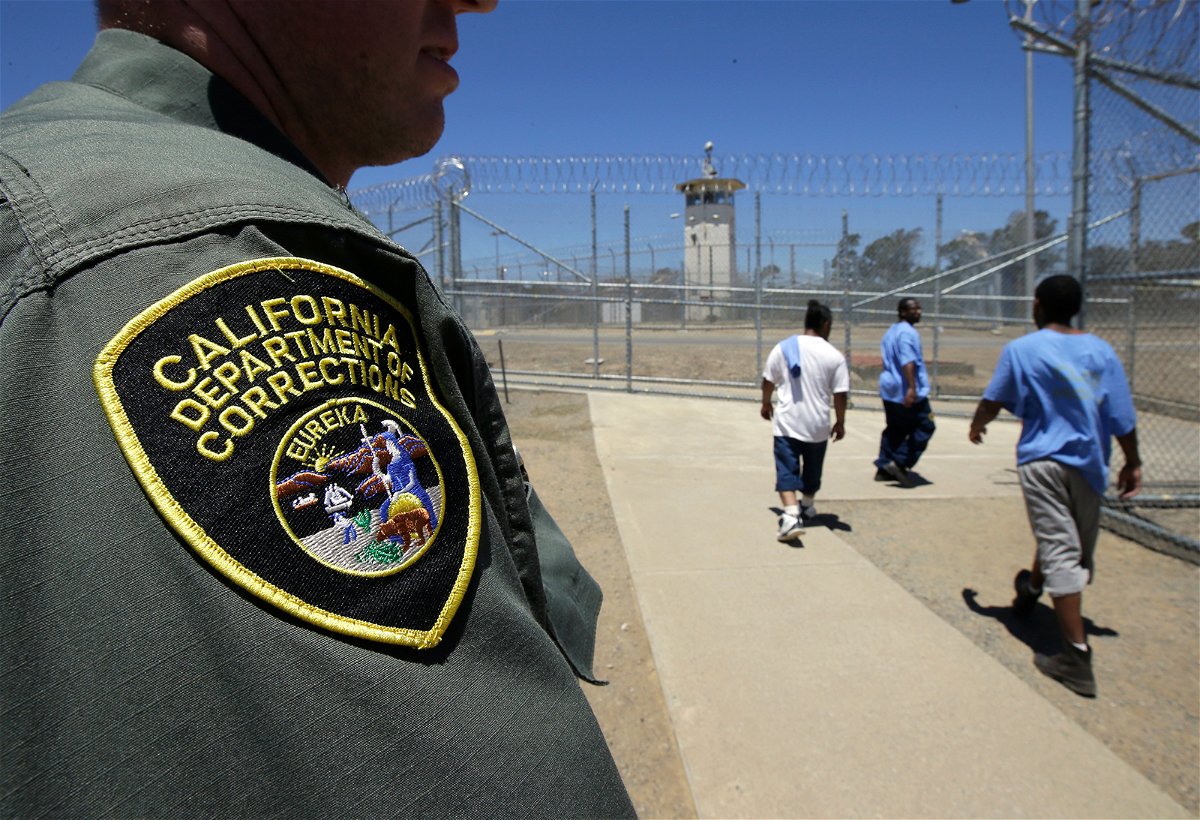A change in California’s corrections system could mean earlier release or parole hearings for some inmates

Changes to the California correctional system’s Good Conduct Credit (GCC) program took effect Saturday, increasing the rate at which “incarcerated individuals are able to receive credits for good behavior,” a spokesperson for the corrections department said.
Good conduct credits and educational achievements can help move up a person’s release date or parole hearing date, the California Department of Corrections and Rehabilitation website says. The goal is to incentivize incarcerated individuals to participate in rehabilitation programs, positive activities and “commit to sustained good behavior,” it says.
“Earning additional credits can move up parole consideration of people convicted of nonviolent crimes who have served the full-term of the sentence for their primary offense, and who demonstrate that their release to the community would not pose an unreasonable risk of violence to the community,” the department said on its website, in regards to the May 1 change.
For individuals serving time for violent offenses, the rate of GCC will go from 20% to just over 33%, or “one day of credit earned for every two days served,” according to the website. Previously, one day of credit would equal four days served, the corrections department said.
GCC for nonviolent second and third strike offenders will now be awarded one day of credit for every one day served, according to the department.
And GCC could also be lost as a result of disciplinary action, the website says.
When asked by CNN how many prisoners this would impact, the corrections department did not provide an answer.
The shift stems from Proposition 57, “which voters overwhelmingly approved in 2016 and upheld in November,” Vicky Waters, Special Advisor and Assistant Secretary of Communications for the corrections department, said in a statement to CNN.
Prop 57 allows the corrections department “to award sentence credits for rehabilitation, good behavior, or educational achievements” and requires the department “adopt regulations to implement new parole and sentence credit provisions and certify they enhance public safety,” its website says.
“These are emergency regulations which take effect today,” CDCR Press Secretary Dana Simas told CNN. “CDCR will submit permanent regulations for review, to include a public hearing and opportunity for public comment,” said Simas.
The effort incentivizes individuals to have “sustained good behavior and encourages them to participate in rehabilitative and educational programs, which can help reduce recidivism to make our communities safer,” Waters said.